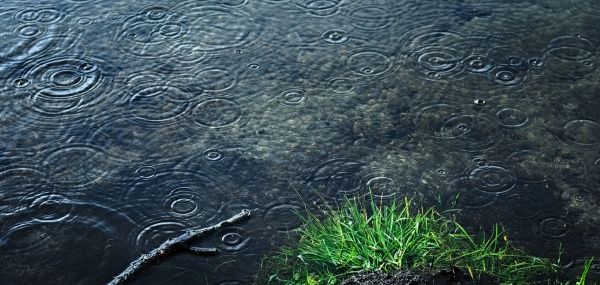Earth bears many signs of human influence, from warming that exceeds pre-industrial temperatures to a rising sea. Add to that list, now, the human influence on the timing of Earth’s water cycle, revealed by a new study led by researchers at the U.S. Department of Energy’s Pacific Northwest National Laboratory.
The research, published this week in the journal Nature Climate Change, peels back layers of climatological noise to uncover a clear signal: from 1979 to 2019, increases in greenhouse gases and reductions in human-generated aerosols triggered an approximate four-day delay in seasonal rainfall over tropical land and the Sahel. The lag could mean delayed crop production, exacerbated heat waves, and worsened wildfires, among other consequences.
“The global warming we’ve seen has already been attributed to human activities with high confidence,” said atmospheric scientist Ruby Leung, who coauthored the study. “But, historically, we have not been very successful in pinpointing the footprint of human activity in the hydrological cycle. This study shows that, yes, the later onset of monsoon rainfall, paired with future warming projected by climate models, has already emerged.”
Read more at: DOE/Pacific Northwest National Laboratory
Photo Credit: JerzyGorecki via Pixabay


